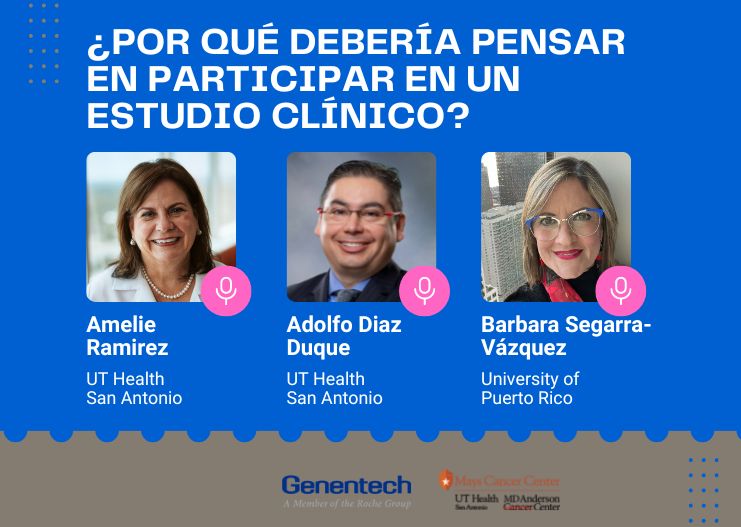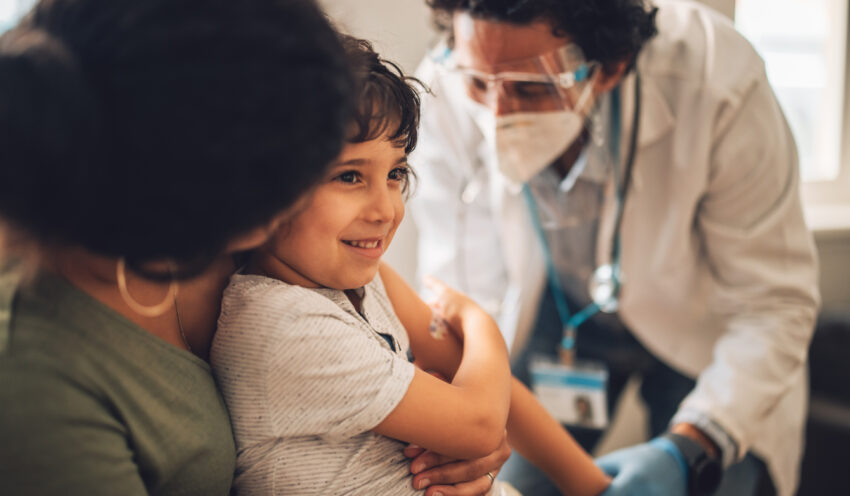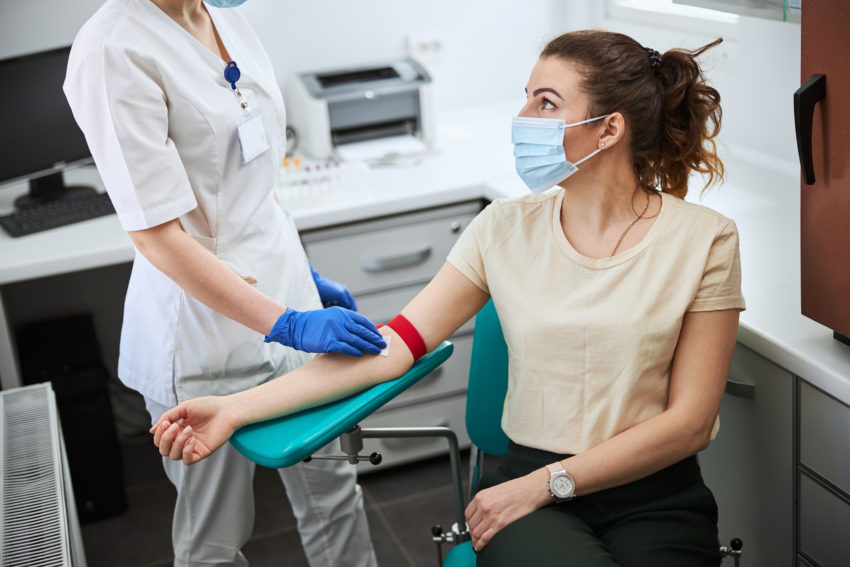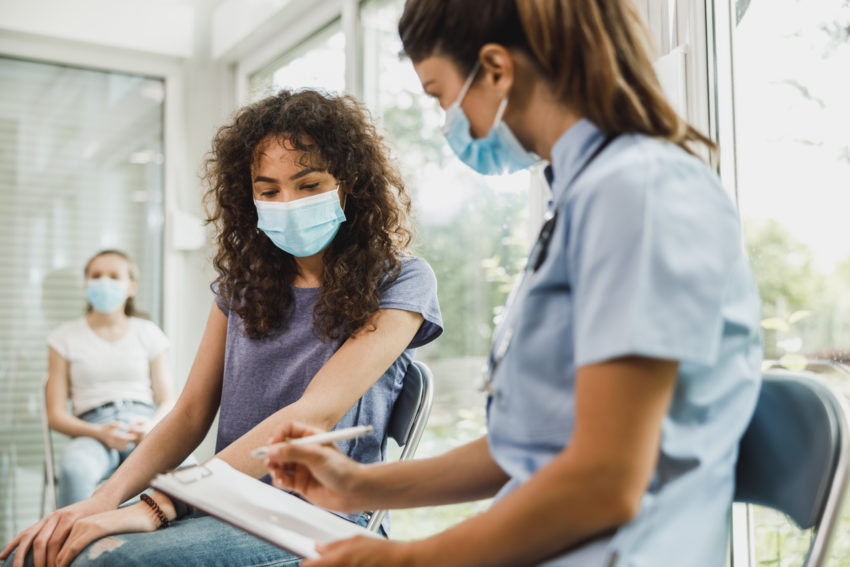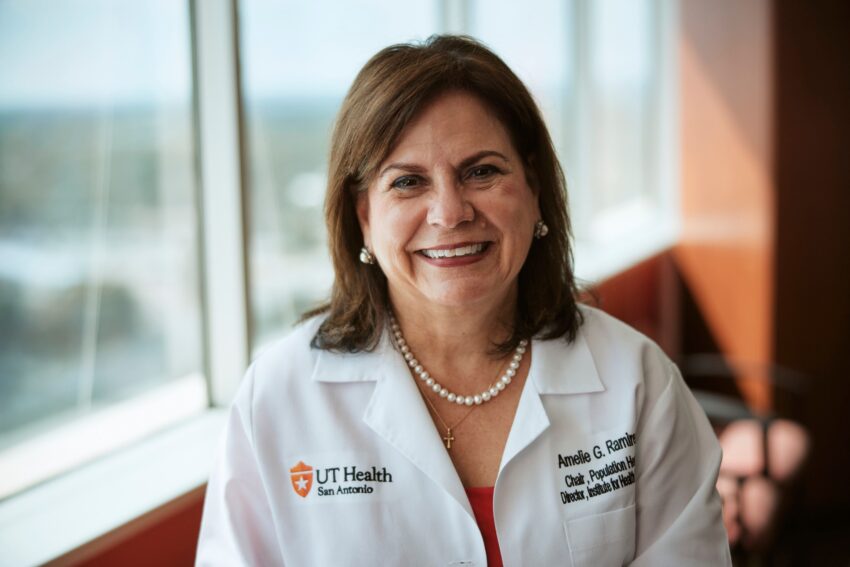¡Done Muestras Biológicas Hoy para Mejorar los Resultados de Salud de los Latinos!
¿Alguna vez ha querido ayudar a mejorar la salud de los latinos? ¡Ahora es su oportunidad! El Programa Científico All of Us de los National Institutes of Health está reclutando por lo menos a un millón de personas de diversas nacionalidades, para compartir información sobre su historia de salud y de su medio ambiente. La información recogida para la base de datos ayuda a los investigadores a aprender cómo la genética, el estilo de vida y nuestro medio ambiente afectan nuestra salud. Como parte del esfuerzo, los participantes donan muestras biológicas en la forma de una muestra de sangre o de saliva. Las muestras biológicas pueden ayudar a los investigadores a encontrar nuevas formas de prevenir, diagnosticar o tratar enfermedades, como el Alzheimer o el cáncer, ...
Read More
